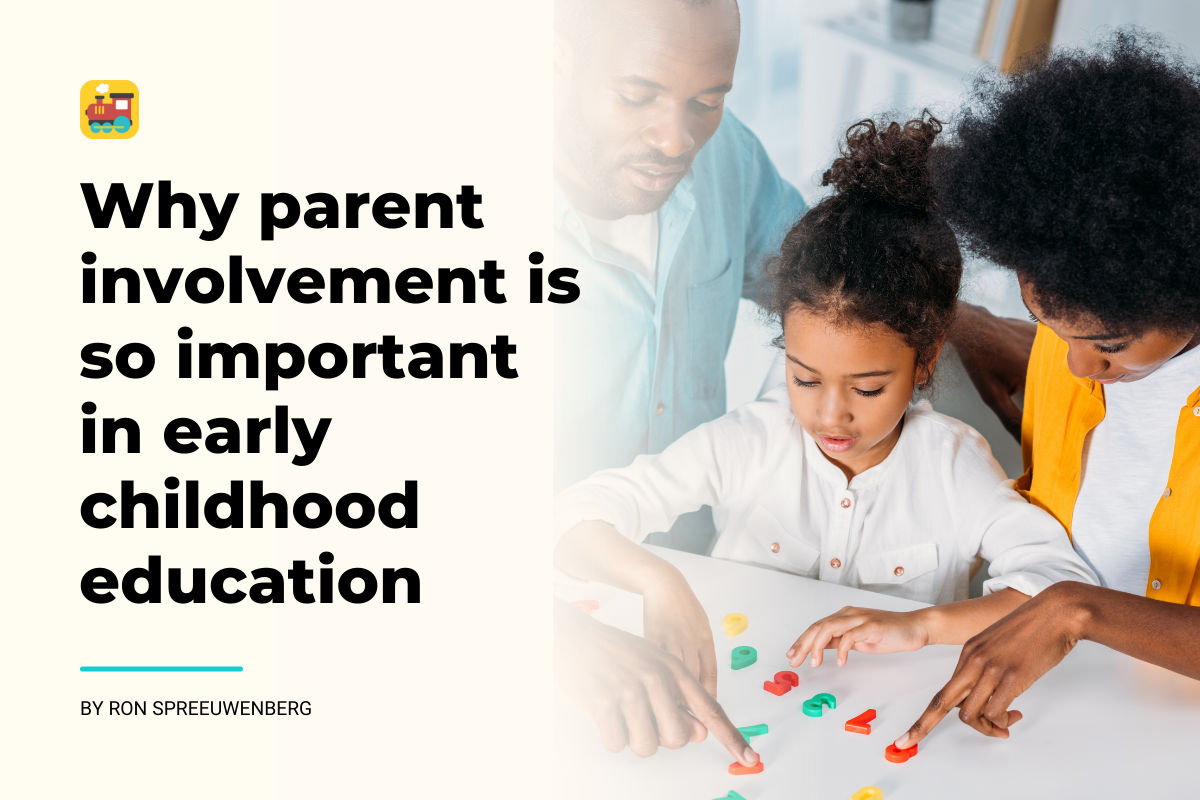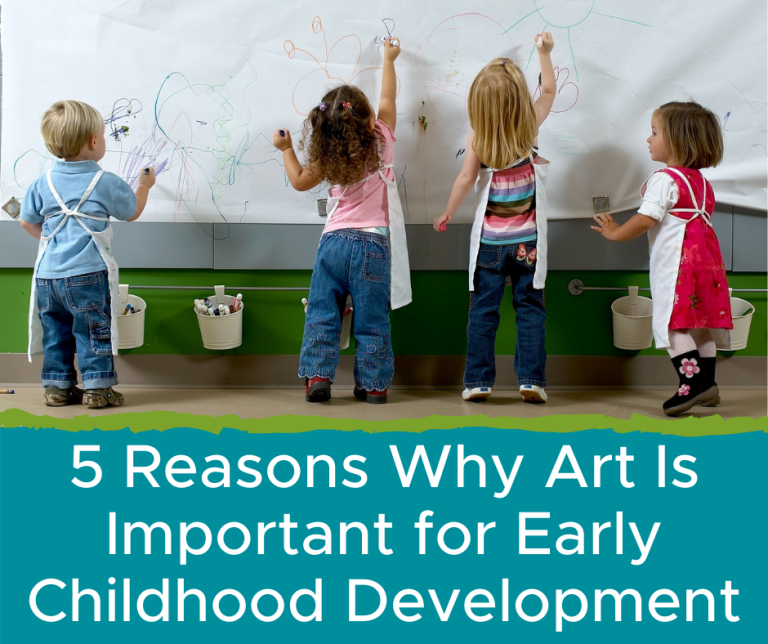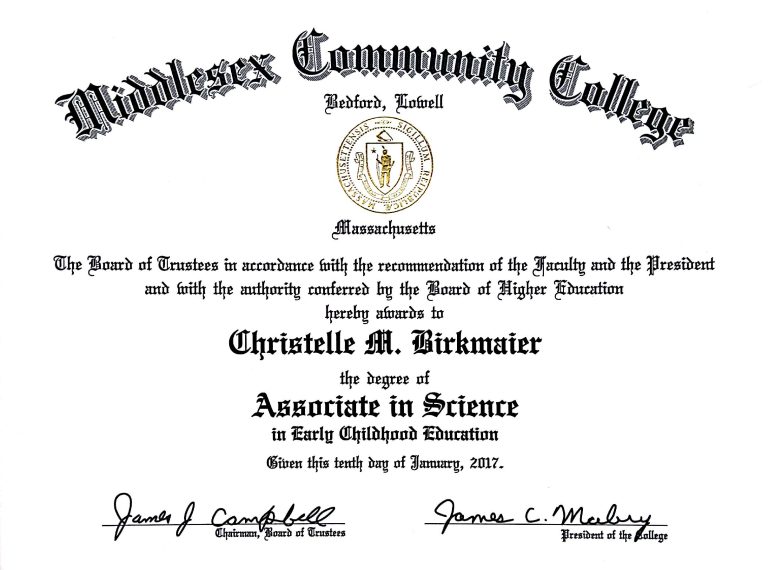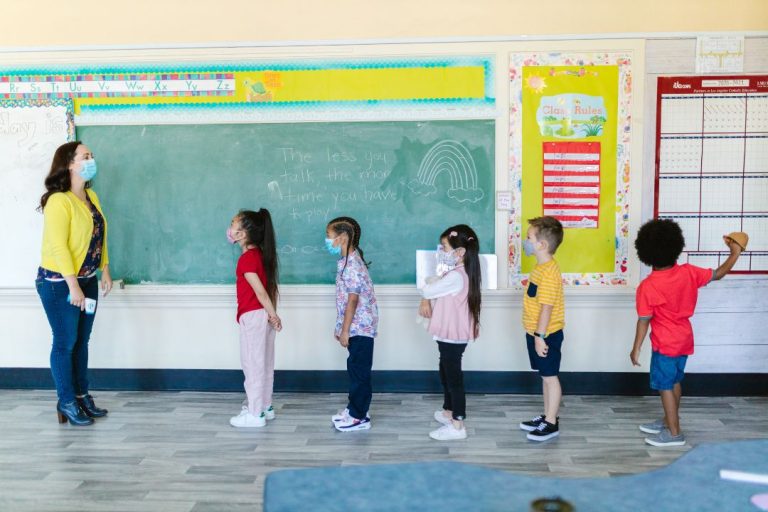What is Family Engagement in Early Childhood Education : Building Strong Foundations

Family engagement in early childhood education involves parents and caregivers actively participating in a child’s learning and development. This collaboration enhances educational outcomes.
In today’s fast-paced world, family engagement in early childhood education plays a crucial role in a child’s overall development. It goes beyond mere involvement and focuses on building strong partnerships between families and educators. By actively engaging with parents and caregivers, educators can create a supportive learning environment that nurtures children’s academic and social growth.
This collaboration fosters a sense of community and belonging, leading to better outcomes for children in their formative years. When families are involved in their child’s education, it promotes a holistic approach to learning that benefits the child both inside and outside the classroom.
Importance Of Family Engagement
Enhancing Children’s Learning
Family engagement in early childhood education plays a crucial role in enhancing children’s learning. When families are actively involved in their child’s education, it creates a supportive learning environment that reinforces classroom teachings. This involvement helps children to understand the importance of education and encourages them to be more motivated and engaged in their learning activities.
Fostering Positive Relationships
Family engagement also fosters positive relationships between the child, parents, and educators. When families are involved in their child’s education, it creates a strong partnership between home and school. This partnership not only enhances the child’s learning experience but also creates a sense of trust and collaboration between the family and the educators, leading to a more holistic approach to the child’s development.
Benefits Of Family Engagement
Family engagement in early childhood education is a vital factor in a child’s development. When parents and caregivers actively participate in their child’s learning journey, it yields numerous benefits that positively impact the child’s academic, social, and emotional growth.
Academic Success
Family engagement plays a crucial role in a child’s academic success. When parents are involved in their child’s education, it creates a supportive learning environment that enhances the child’s cognitive development. Studies have shown that children whose families are engaged in their education tend to perform better academically, have improved attendance, and exhibit a more positive attitude towards learning.
Social And Emotional Development
Family engagement also contributes significantly to a child’s social and emotional development. When parents and caregivers are actively involved in their child’s early education, it fosters a sense of security and belonging, leading to enhanced social skills and emotional resilience. Children who experience strong family engagement are more likely to develop positive relationships with peers, display empathy, and effectively manage their emotions.
Strategies For Effective Family Engagement
When it comes to early childhood education, effective family engagement plays a crucial role in supporting children’s learning and development. Strategies for effective family engagement involve creating open communication channels, involving families in decision-making, and building strong partnerships between educators and families.
Open Communication Channels
Open communication between educators and families is essential for creating a supportive learning environment for young children. Establishing regular communication through various channels such as emails, phone calls, and face-to-face meetings can help in sharing important information about a child’s progress, upcoming events, and educational resources.
Involving Families In Decision-making
Involving families in decision-making processes related to their child’s education can foster a sense of ownership and collaboration. By seeking input from families on curriculum planning, classroom activities, and school policies, educators can ensure that the educational experience is tailored to the needs and preferences of the children and their families.

Credit: ncchildcare.ncdhhs.gov
Challenges In Family Engagement
Cultural And Linguistic Barriers
When families come from diverse cultural and linguistic backgrounds, it can be challenging to bridge the communication gap and ensure meaningful engagement. Differences in language, customs, and traditions may create barriers that hinder effective communication and collaboration between families and educators. Embracing cultural diversity and providing resources in multiple languages can help overcome these obstacles and foster a more inclusive and supportive environment for family engagement.
Limited Time And Resources
Families often face time constraints and limited resources that can impact their ability to actively participate in their child’s early childhood education. Juggling work, household responsibilities, and other commitments may leave little room for engagement with educational activities and events. Additionally, families with limited financial resources may struggle to access educational materials and opportunities. Creating flexible engagement opportunities and offering support services can help address these challenges and make it easier for families to be involved in their child’s learning journey.
Promoting Diversity And Inclusivity
Celebrating Different Family Structures
Family engagement in early childhood education respects all family types, including single-parent families and extended families.
Supporting Multilingual Families
Education should cater to diverse languages, ensuring all families feel valued and understood.

Credit: www.himama.com
Building Partnerships With Families
Building partnerships with families is an essential aspect of early childhood education. Engaging families in their child’s learning journey creates a supportive and enriching environment for the child to thrive. Effective family engagement fosters a collaborative relationship between educators and families, resulting in improved academic and social outcomes for the child.
Creating Welcoming Environments
Creating a welcoming environment at the early childhood education center is crucial to building strong partnerships with families. Warm and inviting spaces make families feel comfortable and valued. Displaying children’s artwork, providing comfortable seating areas, and offering informational materials in multiple languages contribute to a welcoming atmosphere.
- Displaying children’s artwork
- Providing comfortable seating areas
- Offering informational materials in multiple languages
Offering Parent Education Workshops
Parent education workshops provide valuable resources and support for families. Topics such as child development, positive discipline strategies, and creating a home learning environment can empower parents to become active participants in their child’s education. Empowering parents through education strengthens the partnership between families and educators, leading to a more holistic approach to the child’s development.
- Child development
- Positive discipline strategies
- Creating a home learning environment
Measuring The Impact Of Family Engagement
Discover the importance of measuring family engagement in early childhood education to enhance student outcomes. Family engagement fosters a collaborative partnership between educators and families, ensuring children receive holistic support for their development. By evaluating the impact of family involvement, educators can tailor strategies to optimize children’s learning experiences.
Assessment Tools And Metrics
Family engagement in early childhood education can be measured using various assessment tools and metrics.Tracking Long-term Benefits
Monitoring the long-term benefits of family engagement is crucial for evaluating its impact on children’s development. Family engagement in early childhood education is essential for children’s overall growth. Measuring its impact through Assessment Tools and Metrics helps evaluate its effectiveness. Using tools like surveys, interviews, and observations allows educators to gather valuable insights. Metrics such as attendance rates, parent involvement levels, and academic progress provide tangible data. Tracking Long-Term Benefits ensures that the positive effects of family engagement endure over time. Long-term benefits may include improved social skills, higher academic achievement, and enhanced emotional well-being. Continuous assessment and tracking help in shaping effective strategies for fostering family involvement. By using Assessment Tools and MetricsTracking Long-Term Benefits, early childhood educators can enhance family engagement outcomes.Future Trends In Family Engagement
Discover the evolving landscape of family engagement in early childhood education. Stay informed about future trends shaping this crucial aspect of child development. Engage with innovative practices to foster strong partnerships between families and educators.
Family engagement in early childhood education is essential for a child’s academic and social development. Over the years, family engagement has undergone a transformation, and new trends have emerged. In this section, we will discuss the future trends in family engagement, focusing on technology integration and community collaboration initiatives.Technology Integration
Technology has revolutionized the way we live, work, and learn. In the coming years, technology will play an increasingly critical role in family engagement in early childhood education. Parents and caregivers can access online resources such as webinars, videos, and interactive games to support their child’s learning. Schools and teachers can use technology to send real-time updates about a child’s progress, homework, and class activities. Moreover, technology provides a platform for parents and teachers to communicate and collaborate seamlessly. With the rise of remote learning, technology integration in family engagement is more critical than ever.Community Collaboration Initiatives
Collaboration between schools, families, and communities is vital for a child’s overall development. In the coming years, community collaboration initiatives will become more prevalent in family engagement. Schools and community organizations can work together to provide resources such as healthcare, nutrition, and mental health services to families. Parents and caregivers can participate in parent-teacher organizations and school events to support their child’s learning. Community leaders can also engage with families to provide mentorship and guidance to children. Community collaboration initiatives foster a sense of belonging and support, which is essential for a child’s academic and social success. In conclusion, the future trends in family engagement are exciting and promising. Technology integration and community collaboration initiatives will play a critical role in supporting children’s learning and development. As parents, caregivers, teachers, and community leaders, we must work together to ensure that every child has access to quality education and support.
Credit: parentpowered.com
Frequently Asked Questions
What Is Family Engagement In Early Childhood?
Family engagement in early childhood refers to the active participation of parents and caregivers in a child’s learning and development. It involves creating a supportive home environment, building positive relationships between families and educators, and involving families in decision-making about their child’s education.
This approach is proven to improve outcomes for children and strengthen family bonds.
What Is An Example Of Family Engagement?
A family engagement example includes parents attending school events, helping with homework, and participating in parent-teacher conferences.
What Does Engagement Mean In Early Childhood Education?
Engagement in early childhood education means involving children in activities that stimulate their interest and participation. It encompasses interactive learning experiences that promote curiosity and active involvement in the learning process, fostering a positive and nurturing educational environment.
What Are Examples Of Family Involvement In Early Childhood Education?
Family involvement in early childhood education includes reading to children, helping with homework, attending parent-teacher conferences, volunteering in the classroom, and participating in school activities.
Conclusion
Family engagement in early childhood education is crucial for the success of children. It is a collaborative effort between parents, teachers, and the community to provide a supportive and nurturing environment for children to thrive. Through involvement in their child’s education, parents can become advocates for their child’s learning and development.
By building strong relationships and partnerships, we can create a better future for our children and society as a whole. Let us continue to prioritize family engagement in early childhood education.
Lorem Ipsum is simply dummy text of the printing and typesetting industry. Lorem Ipsum has been the industry’s standard dummy text ever since the 1500s, when an unknown printer took a galley of type and scrambled it to make a type specimen book.





